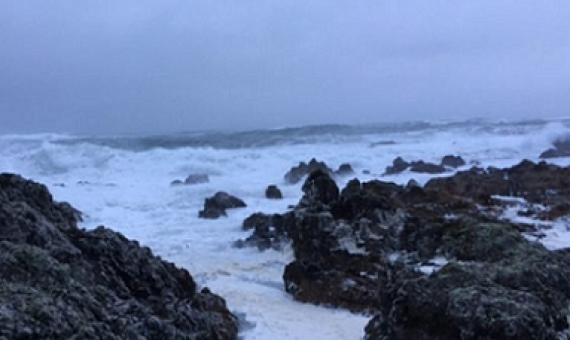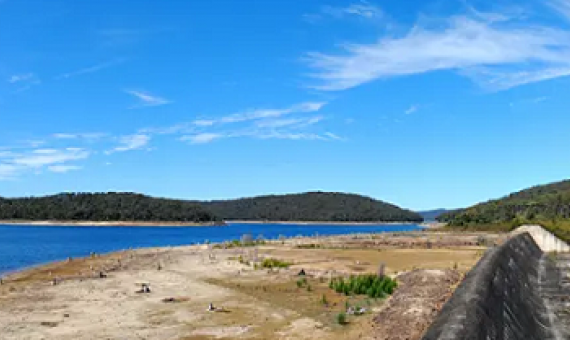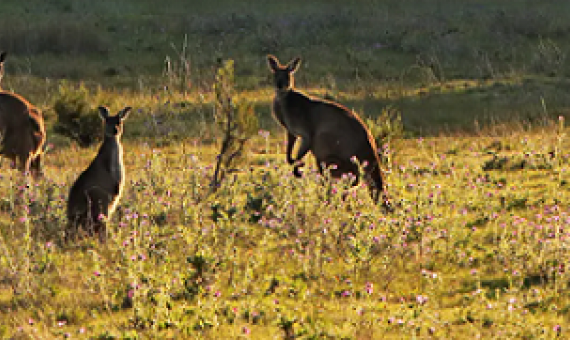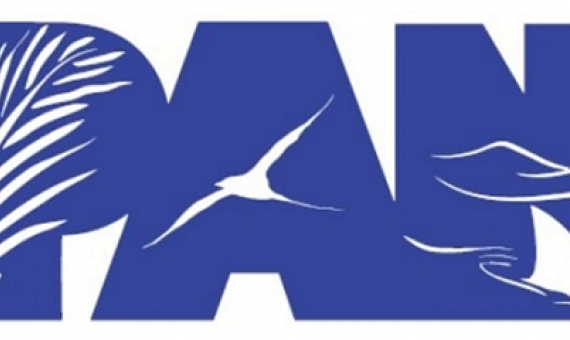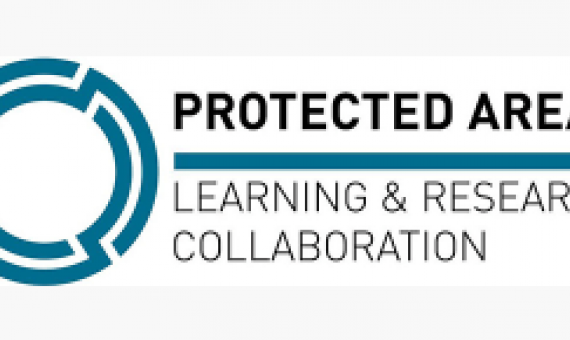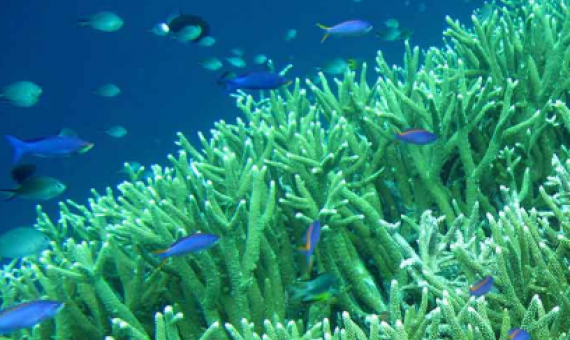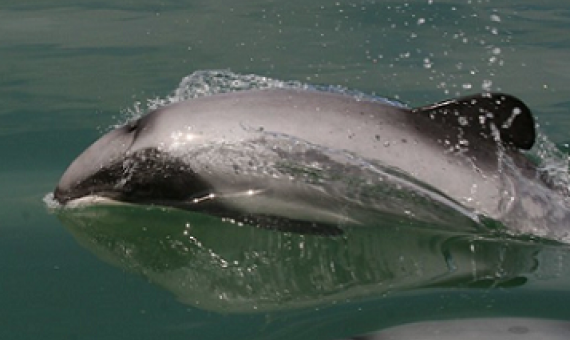Governance Assessment for Protected and Conserved Areas (GAPA) - Methodology manual for GAPA facilitators
This manual provides detailed guidance for assessing the governance quality of protected areas (PAs) and other conserved areas (CAs) and any related conservation and development activities. The manual describes the relatively low-cost Governance Assessment for Protected and Conserved Areas (GAPA) methodology, which is intended for use at site level. GAPA can be used with PAs and CAs of any kind. This includes PAs/CAs governed and managed by government agencies, communities and the private sector.

